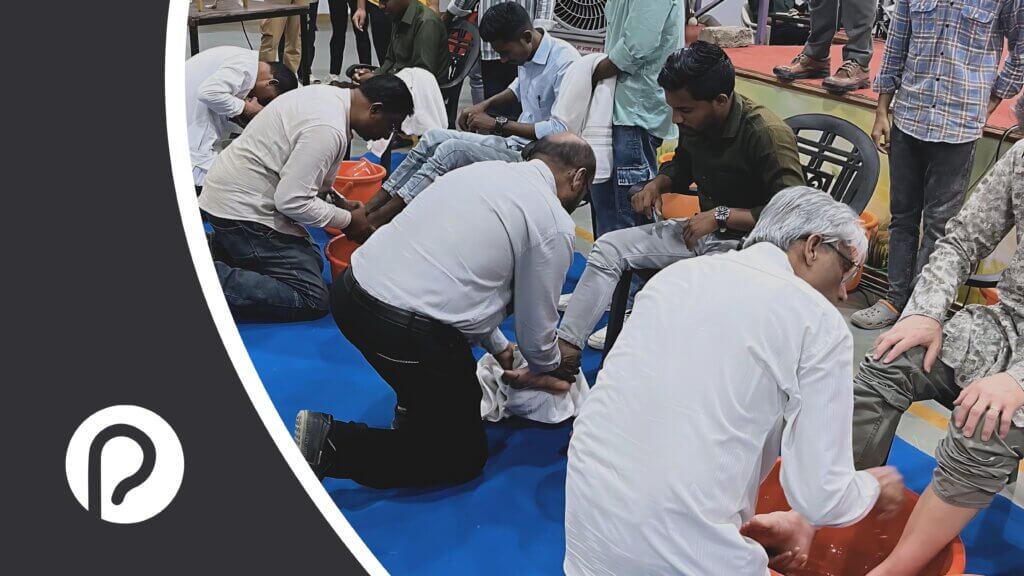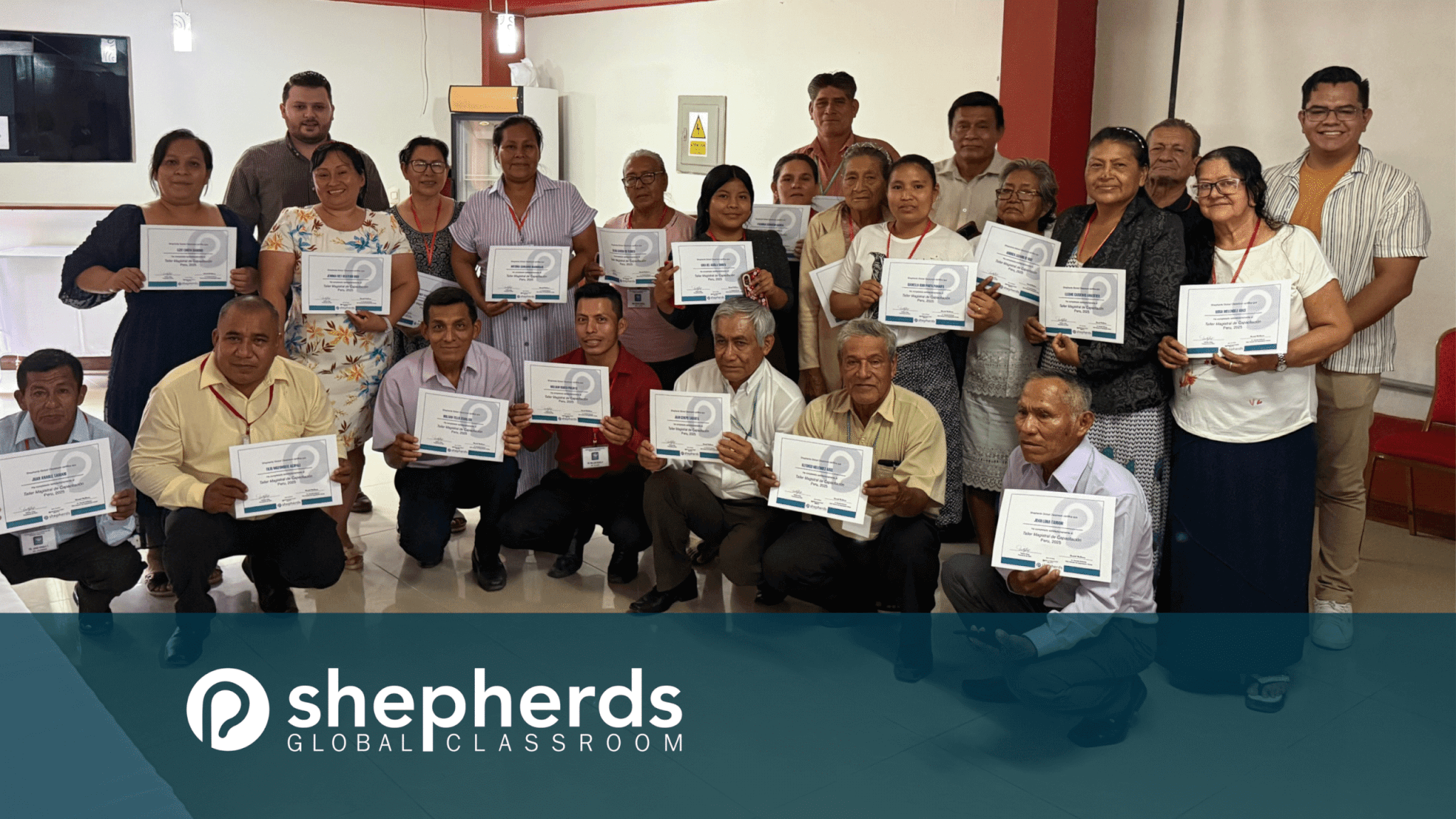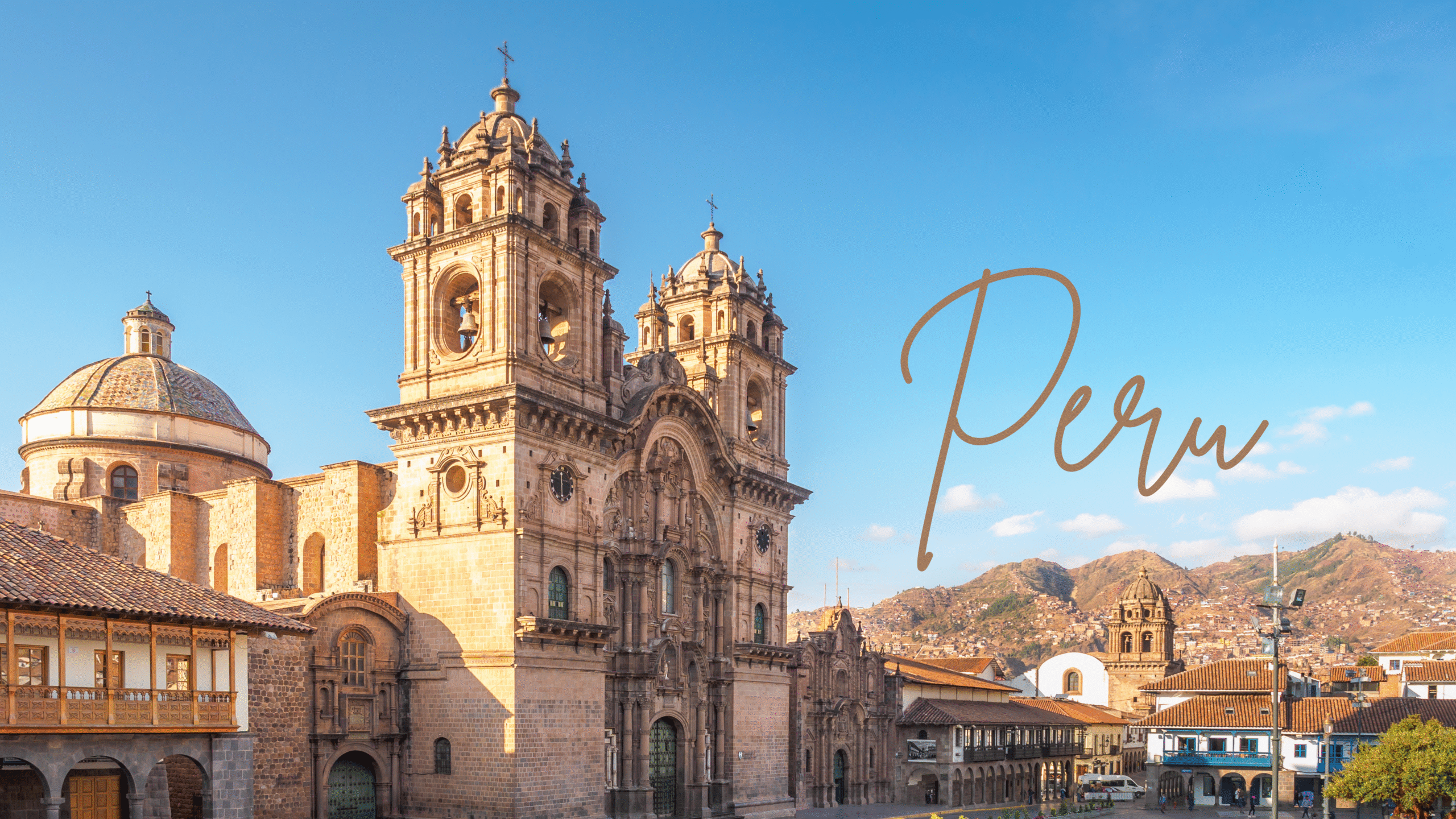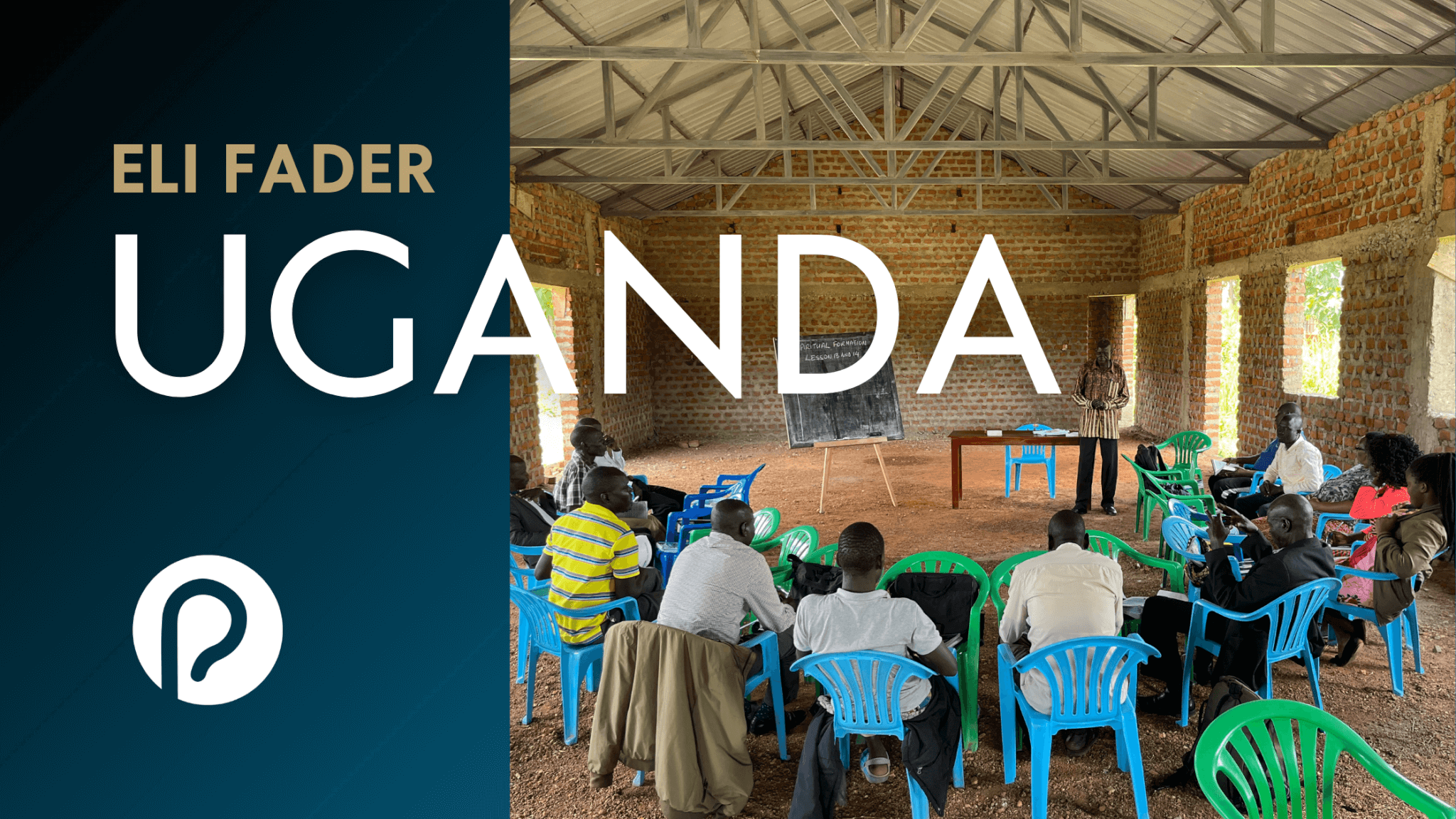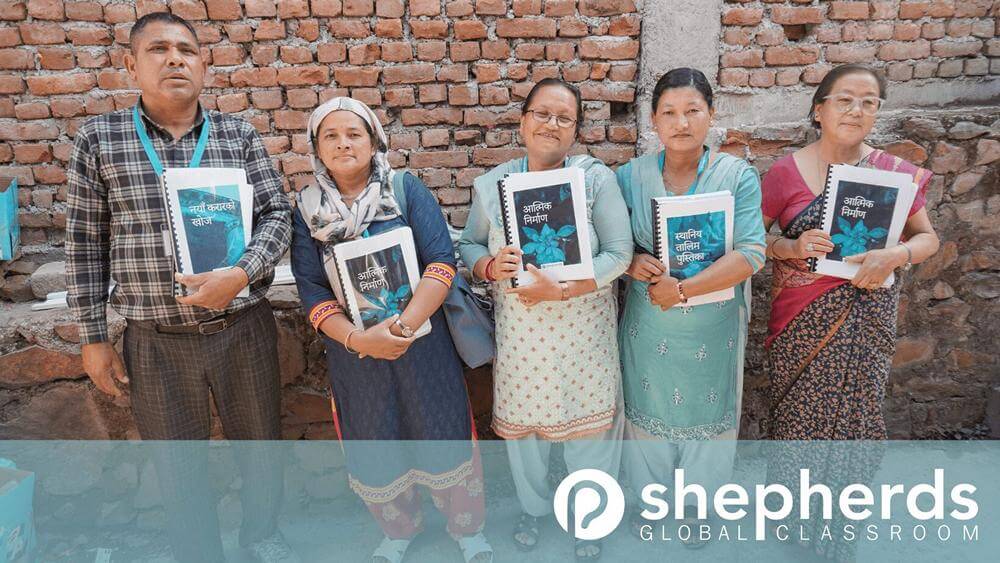Traveling to places around the world often moves us out of our comfort zones. I recently found myself in such a situation. While in India, our host, Saji Lukos, told us we would participate in a foot-washing service. Honestly, I had never witnessed such a thing. Dr. Lukos explained that before the graduation at Mission India Theological Seminary, there would be a special service where all the professors, leaders, and missionaries would wash the feet of each graduate. And they wanted us to join. I was filled with unease and trepidation. I had never done this before and feared it would be awkward.
I sat on the front seat and watched as students filled the chairs that lined the front of the large auditorium and then witnessed Dr. Lukos, his dear wife Mony, and all the professors of this seminary get down on their knees in front of these students, take their feet into their hands and lovingly wash them. I saw students overcome with emotion, tears running down their faces as their leaders embraced them and prayed God’s blessing over them. I witnessed the tears of the professors splashing onto the concrete floor as they wept over their students. God’s presence filled that place, and it was beautiful. When it was my turn, I did as I had seen the others do and then prayed over each woman whose feet I had washed. I witnessed their tears and even a little of their embarrassment at having this strange American woman handle their feet. I was profoundly humbled and touched that evening, but it wasn’t until later that I realized the significance of what we had done in this context.
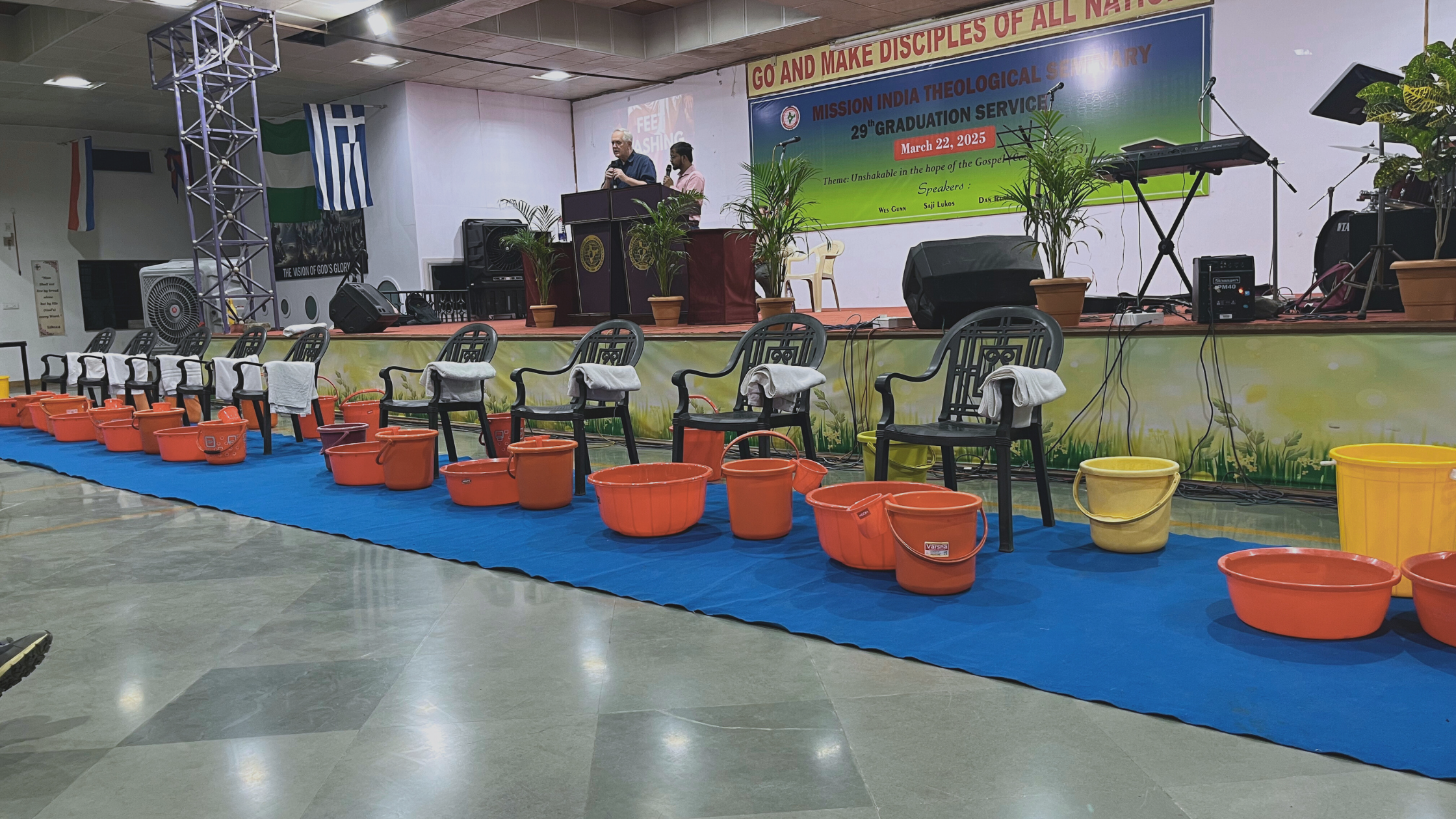

Most of these graduates were first—or second-generation Christians, having come out of Hinduism, a religion that separates people according to the family into which they are born. According to Human Rights Watch researcher Smith Narula, those people born into undesirable or lower castes are not allowed to drink from the same wells, attend the same temples, wear shoes in the presence of an upper caste, or drink from the same cups in tea stalls. And in this religion, the priest wouldn’t even allow the shadow of these people to fall upon him. I understood what Dr. Lukos, a native of this country, was demonstrating. He was demonstrating the gospel.
The gospel, according to Ephesians 2:13, «Brings us Near.»
«But now in Christ Jesus you who once were far off have been brought near by the blood of Christ. For he himself is our peace who has made us both one and has broken down in his flesh the dividing wall of hostility.» (Ephesians 2:13-14)
Saji and his team were doing for these graduates what they expected them to demonstrate to others in their world. Just as Jesus washed his disciples’ feet in humble love, these students would, as pastors, serve those in their care with the same humility. This was a juxtaposition of the gospel of Jesus against what had been the norm for generations in the families of nearly every person in that auditorium. And it was powerful!


There is no caste system in God’s kingdom and no spiritual elites. The gospel reconciles us to God in one body through the cross. Jesus came and preached peace to all: those who were far off and those who were near. And through Him, Jesus, we all have access in one Spirit to the Father.
What a powerful truth. In a world where man-made separation abounds, the gospel reconciles and brings us near to God and one another. Our family of origin, economic status, church backgrounds, distinctives, and denominational clusters are not where the unity of believers should lie. It is the gospel of Jesus that binds us irrevocably together.
Thank you, Father, for the joy of meeting my brothers and sisters around the world. Thank you for the shared reality of the gospel that draws us near to you and one another. May I never forget this truth!

